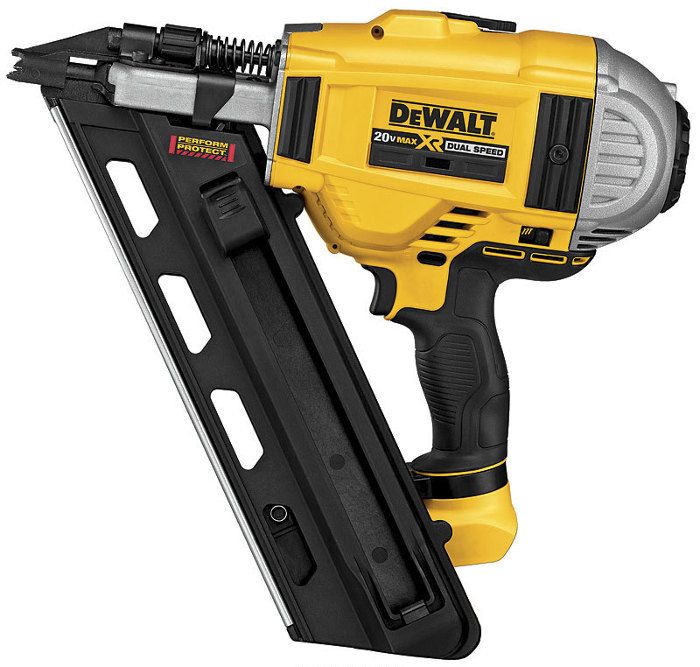
Framing nailer dumps the hose and skips the gas
by Justin Fink, FHB #242 (Apr/May 2014)
Paslode has some new competition in the untethered framing-nailer market. With the introduction of the new DCN692 flywheel-powered framing nailer, DeWalt is attempting to take hose-free framing-nailer technology to the next level: gas-free. Not only does the flywheel-driven nailer eliminate the common gas cylinder, but it speeds up workflow with the ability to bump-fire—a new feature in this category.
Although we haven’t had a chance to give the nailer a full field test yet, our early impressions of its speed and perfor – mance are positive. The DCN692 has a brushless motor, runs on DeWalt’s 4.0 amp-hour, 20v Li-ion battery platform, and sells for about $500 ($400 for the bare tool). The nailer accepts paper-tape-collated nails (30° to 34°), both clipped and offset full-round head, from a variety of manufacturers, including the new lineup of DeWalt-branded nails.
Product follow-up: hoseless-nailer field test
by Brian McCarthy, FHB #245 (Aug/Sept 2014)
In the May 2014 issue, Fine Homebuilding first announced DeWalt’s latest hoseless-nailer offering. Soon after, they asked me to put the tool to use on my job sites and then report back.
For every toolmaker that has attempted to cut the hose on a framing nailer, there’s a long line of builders who would be happy to talk about that tool’s shortcomings: “It’s too heavy and awkward,” “It doesn’t fire,” or “The gas cylinders don’t last between uses.” Yet each time a new version is released, our reaction is the same: “This is it! This is the one!” Sure enough, my first experience with the new DeWalt DCN692—a compact battery-and-flywheel-powered framing nailer that doesn’t require gas cartridges and can bump-fire—was love at first sight. It’s not a perfect tool, however, and some of its characteristics may negatively affect workflow and comfort.
My first hiccup when working with the tool was the location of the rafter hook. When nailing right-handed, I’d swing the hook to the magazine side of the nailer so that I could hook it on my belt, but this didn’t leave enough clearance to hook it over a joist. If I had to switch hands and shoot lefty, I’d swing the belt hook to the other side of the tool, where the same situation was reversed. It’s the hook’s close proximity to the grip of the tool that causes the problem, but I’m not sure it could’ve been mounted elsewhere on such a compact tool. Regardless, I’d rather have a sometimes-awkward hook than none at all.
The nailer has a robust rear-loading magazine; in my experience, this design lasts longer than the type where the nails are dropped in along the magazine’s length. Unlike most nailers I’ve used, however, this one requires you to retract the slide before loading the nails. We framers are creatures of habit, and I found myself getting tripped up over this one little change in the reload sequence again and again.
The tool’s ability to bumpfire, which makes it unique in the market of hoseless framing nailers, ended up being less useful than I had hoped. Once you factor in the delay necessary for the tool’s flywheel to get up to speed between shots, the time between each bump-fire is about the same as the time needed to depress the nose of the tool and pull the trigger.
I found this tool’s driving power to be on par with that of other cordless nailers I have used. It doesn’t have any problems sinking 3-1/4-in. by 0.131-in. nails into kiln-dried lumber, but try doubling up some LVLs and you’ll be pulling out your hammer to finish the job. Oddly enough, this nailer seemed to struggle more with shorter nails than with longer ones. Its “speed selector” switch is supposed to be set to one of two modes, depending on the length of nail being driven. Presumably, this feature conserves battery life and avoids overdriving nails, but when set to shoot shorties, the tool would sink a nail halfway and then bend the shank over. When I tried to skirt the problem by driving the short nails with the gun set to sink long nails, it would overdrive the fasteners or jam up the magazine.
So what started as a blissful honeymoon soon morphed into something more like a real marriage in which feelings of respect and appreciation mix with a general acceptance of each other’s shortcomings. Despite this new nailer’s imperfections, I love the idea of not having to worry about cleaning the tool, what the temperature is outside, or whether or not I have fresh fuel cartridges with me.


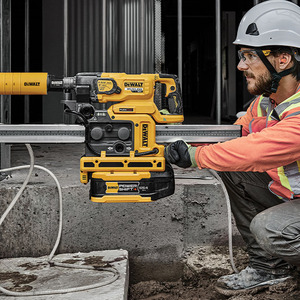
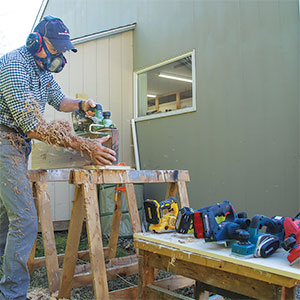
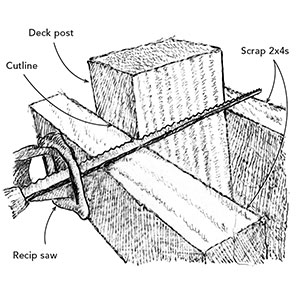
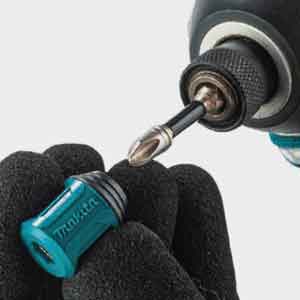





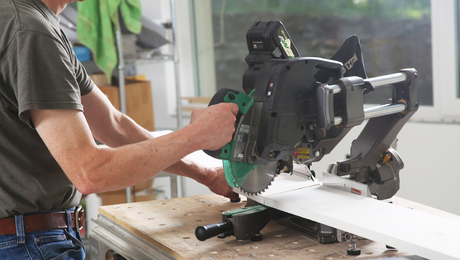
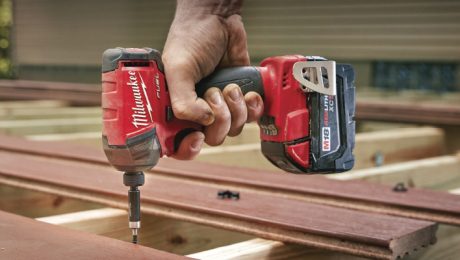
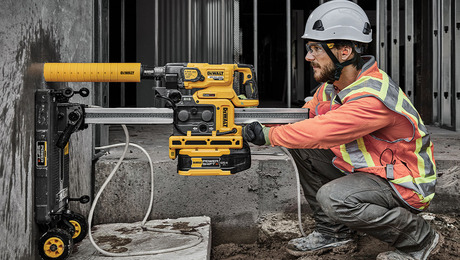
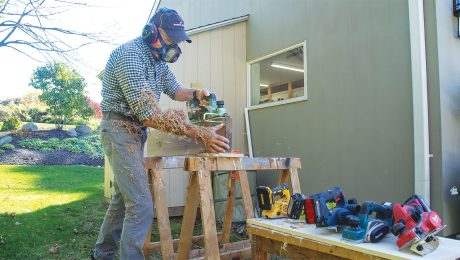
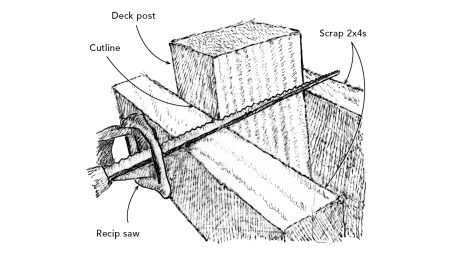




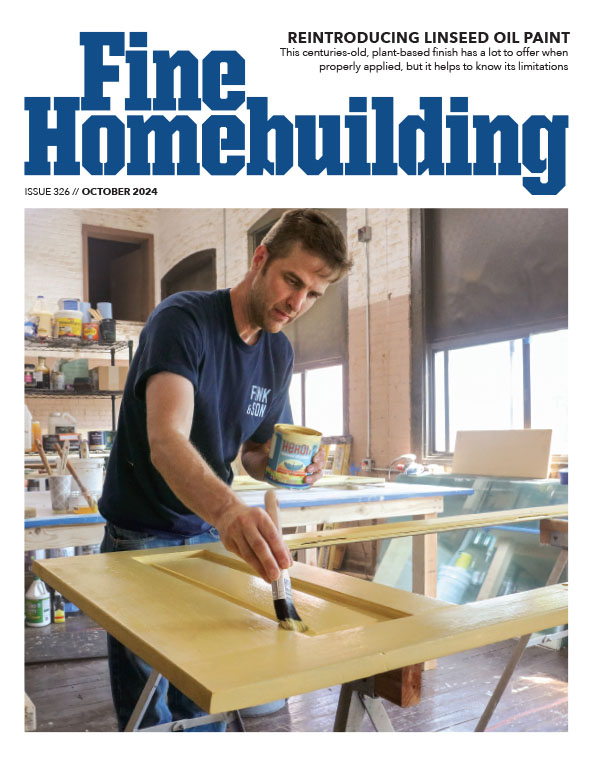





Comments are closed.